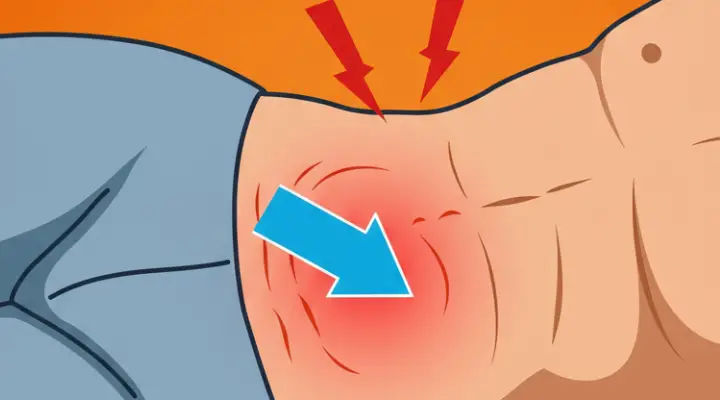18.Hoarseness
Hoarseness or changes in voice quality that persist for several weeks may be indicative of underlying health issues, including cancer of the larynx or vocal cords. It may manifest as a raspy, breathy, or strained voice and can affect speech and communication. Individuals experiencing persistent hoarseness should undergo a thorough medical evaluation to determine the underlying cause.
Conclusion
Recognizing warning signs of cancer and seeking medical attention promptly are crucial for early detection and improved treatment outcomes. By paying attention to changes in the body and seeking timely evaluation, individuals can enhance their chances of successful cancer management and overall well-being.







